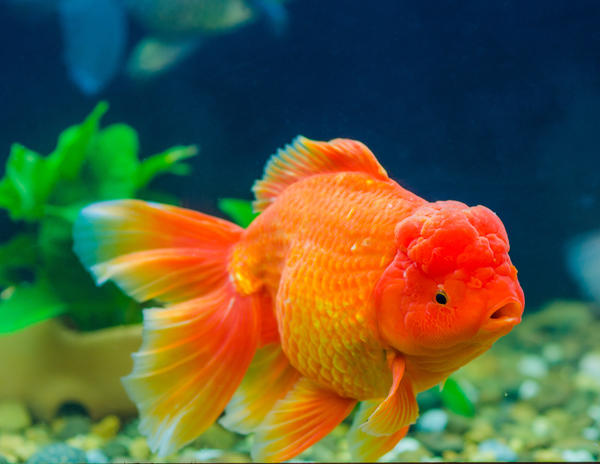Have you been thinking about adding a small feathered companion to your life? Canaries could potentially be a great option for you! These often-shy little birds are great for a quieter setting as they can be easily frightened. That being said, a happy canary is a great friend to have around and love to sing to let you know that they are happy. Canaries are unique birds and we are going to cover the different types of canaries, what their environments should look like, and what you can do as a handler to keep your companion singing and happy!
There are various types of Canaries. So much so that I can be difficult to decide on which one is right for you. To break it down to the easiest of terms, there are three main breeds of Canaries: Song Canaries, Type Canaries, and Color Canaries. It can get confusing once the 3 breeds start intermingling and breed with each other. Now there are many of wonderful, beautiful breeds to choose from. The last breed mentioned above, the Color Canary gains its color from genetics. These genetics control the melanin and lipochrome. A green color was that of the original canary due to the black melanin and lipochrome combined with the yellow ground color. Now of days there are many versions and colors and that is due to many factors, one of which is diet. Song Canaries of course are the best singers amongst the canaries. However, it is the males that steal the show with their singing skills, and this is to lure in a mate. The Type Canaries come in a variety of shapes and sizes and a few belong to the crested varieties. Some of these types are called “Fife”, “York”, and “Gloster” to name a few. If you are overwhelmed with all the breeds of Canaries that is totally okay. All Canaries sing, however as mentioned before it is the males that sing the most. So, if you are looking into getting a canary because of their lovely singing ability, a Male song canary is what you want to have a look at.
You may be wondering how and why canary’s sing. Well it takes about 6 months for a canary to reach maturity which is when they can really start to sing. What is really interesting about this species is that their environment and sounds within, influence the creation and sound of the canary’s song. Much like a music producer, Canaries listen to sounds around them and incorporate that into their “mix”. As to why they sing, well it is a sign that they are happy but also males sing to attract a mate. Much like humans, it pays to be able to sing.
These birds are more like us humans than we think. Canaries need a lot of space to fly and move around. Ideally you want the largest cage possible that you can fit. The more room your bird has, the happier it will be, which means more concerts for you to attend while it sings for you. A cage that we would recommend having a look at is the Vision Bird Cage Double Height which available in store or on our website at www.Piscespets.com. Now since we live in a part of the world that only allows for 7-8 hours of sunlight in the winter months, its important that we supplement daylight with a UV light. This enrichment is a good way to keep your bird from becoming depressed. As we go back to longer days you can use the UV light at your discretion but it wont likely be needed in the summer months.
You should consult with your vet on which diet is the right one for your canary. The Red Factor Canary for example has a specific diet to keep its rich red diet. Often a blend of berries, cayenne, paprika, sweet potatoes, and tomatoes contribute to the eye-catching red color of this breed. Pisces carries the eCotriton Essential Blend Canary & Finch Diet which is what we recommend you serve your bird.
Canaries are a fantastic pet. Although they do not love to be handled very often or at all. They are content in a healthy environment and they do enjoy your company. The biggest take away is to ensure plenty of space, plenty of light throughout the year, and a healthy diet that we highly suggest you talk to your vet about!




